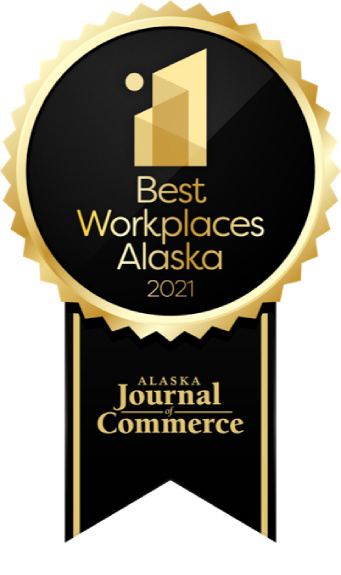The Hardening Insurance Market and What It Means for You
September 17, 2018
All indications are that we are entering a hard market in the coming months and we want to keep you apprised of what to expect.
The insurance industry goes through soft and hard market cycles. During a soft cycle, insurance coverage is readily available, underwriting criteria may be more flexible, and insurance rates remain stable. In a hard market, the opposite is true: insurers are more conservative in their underwriting, rates and premiums increase, and it may be more difficult to place coverage for accounts with unusual risk exposures or a more-than-average claims history. Hard markets typically have the most impact on business insurance, but personal insurance is not immune.
What Causes a Hard Market?
The main cause of a hard market is claims experience. For personal lines, our insurers have been hit with a number of catastrophic natural disasters in the past few years, primarily wildfires (in the Western US), hurricanes, and severe storms. These events have resulted in a large increase in the number of homeowner claims.
Another homeowner factor is that water damage claims have increased dramatically in both frequency and severity. A broken pipe or appliance leak often results in major damage, especially when people are away on vacation or a secondary home is not occupied.
For both homes and autos, claims costs have risen due to higher prices for materials, parts, and labor.
What Will Your Insurer Do at Your Next Renewal?
You may see a small premium increase for your homeowners and/or auto coverage, even if you have had no claims. (Keep in mind that the premise of insurance is to spread the risk among a large group of people. Your premium goes into the pool to cover losses for others and when you have a loss, your claims payment comes from the pool, too.)
Underwriters will take a closer look at your account. They may ask questions about your risk exposures or require that you make preventive repairs based on their home inspection. If you have had claims, been involved in an auto accident, or received a driving citation, they may request a detailed explanation of the circumstances. If you have had a water damage loss that could have been prevented, they will probably require that a water shut off system be installed to prevent future losses. They may also increase your premiums and, in the most severe cases, decline to renew your coverage.
What Will Parker, Smith & Feek Do at Your Next Renewal?
As your independent broker, we work for you—not the insurance company. We always do what is best for you and we will be pro-active on renewals during the hard market. If your insurer has advised us that there will be significant across-the-board rate increases, we will look to one or more of our other insurers to see if they can provide comparable, appropriate coverage for you at a competitive price. We will keep you apprised of your options and our recommendations for moving forward at renewal.
What Can You Do to Control Your Insurance Costs?
While you can’t control natural disasters, you can take measures to control your individual risks and loss experience. Obey traffic laws and be an alert, defensive driver. Make sure that everyone in your family knows where the main water shut off valve is located in your home in case you have a water damage event. Do routine checks and maintenance on your home that will help reduce the possibility of a loss.
Is the Hard Market Just a Way for Insurers to Make More Profits?
Insurance is a tightly regulated industry and insurers must obtain approval before they can increase rates. Regulation is on a state level. The Insurance Commissioner is charged with protecting consumers against unfair practices and rates, as well as maintaining oversight of insurers’ financial stability over the long term.
An insurance company’s income is based on premiums and the investment income on those premiums. Expenses are claims payments, operating expenses, and a reasonable margin of profit. When an insurer needs a rate increase in order to rebalance their financial picture, it must submit substantial financial records—including claims statistics, operating costs records, and profit margins—that justify the need for the rate increase. Rate increases only go into effect after a thorough review and approval by the Insurance Commissioner, a process that can take months of detailed investigation. Rate increases are not granted simply in order to increase an insurer’s profit margin.
If you have any questions about the insurance market or your own insurance program, please don’t hesitate to contact us. We are here to answer your questions, advise you on your insurance and risk management concerns, and provide professional guidance as you make the best decisions for protecting your valuable assets.
The views and opinions expressed within are those of the author(s) and do not necessarily reflect the official policy or position of Parker, Smith & Feek. While every effort has been taken in compiling this information to ensure that its contents are totally accurate, neither the publisher nor the author can accept liability for any inaccuracies or changed circumstances of any information herein or for the consequences of any reliance placed upon it.



